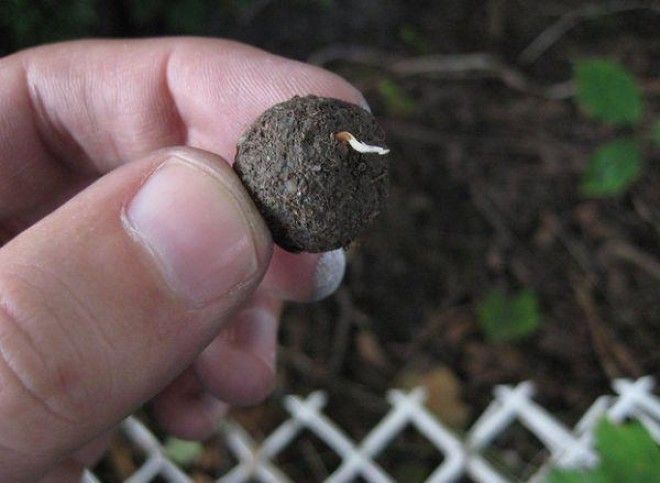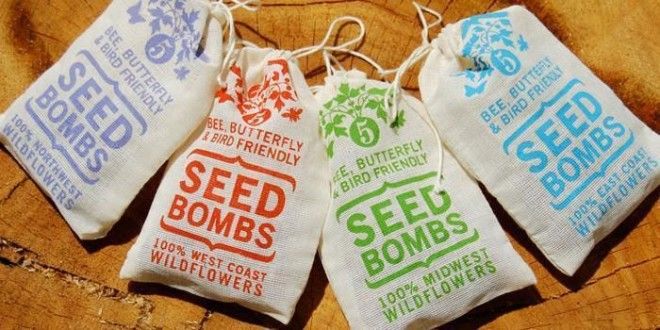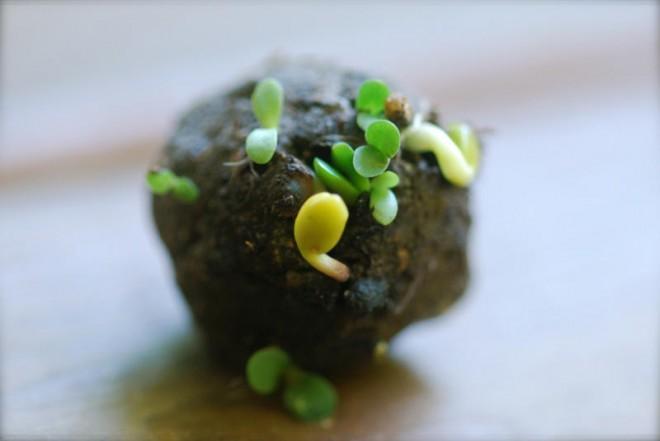And it’s not just honeybees at risk. Wild pollinators — thousands of breeds of bees, butterflies, moths and birds — are in trouble as well. Some speculate GMOs are the cause of the shrinking numbers, others claim pesticides — especially those of the neonicotinoid and glyphosate class — are at the root of the problem. Many believe it’s a combination of both. While environmental advocacy groups and corporate chemical companies battle it out, grassroots efforts have taken the matter in hand and have cultivated an innovative solution to the issue. One such organization is the Great Seed Bomb.

How a Bike Ride Can Help Save Declining Honeybee and Monarch Butterfly PopulationsJill Jordan was tired of hearing about the frightening state of pollinators — and decided to do something about it. An environmental advocate and social entrepreneur with a master’s in public administration, Jordan is no stranger to how we can create effective change. Having worked for the Environmental Defense Fund in Austin, Texas and the Climate Institute in Washington, D.C., she’s seen first hand how assaulting nature wreaks havoc on wildlife. Years back, she learned of the plight facing pollinators and it always remained in the back of her mine. Then one day, she had enough.
Using the immensely popular charity 5K and 10K model, she decided to take the idea a step further and developed a scenic bike ride that included planting wildflowers — which ultimately birthed the Great Seed Bomb. Ticket proceeds from the event help support local environmental non-profits, while participants “bomb” the landscape as they ride with dirt and compost balls that contain a mighty treasure within: a blend of non-GMO milkweed and bee-friendly native wildflowers.
“This is an ancient agricultural method,” Jordan told Dallas Innovates. “If you just chuck seeds out there, they’ll get eaten or washed away. This method gives the seed ample time to survive.”
Milkweed is especially important as it has been disappearing at an alarming rate because of landscape fragmentation and herbicide use. As noted by the organization: “A whopping 90% of the monarch butterfly population is gone. This is mainly due to the use of glyphosate (Roundup) – a pesticide destroying much of the monarch habitat, which consists of milkweed and wildflowers. Most unsettling is the fact that when there is no milkweed, there will be no monarch – it’s where they lay their eggs and monarch larvae feed almost exclusively on milkweed.”
Advertising

However, the event isn’t just about planting seeds. The ride will also raise awareness for the importance of:
- a bike-friendly community and economy
- health and wellness, quality of life
- buying local
- the environment and our lovely local beneficiaries

